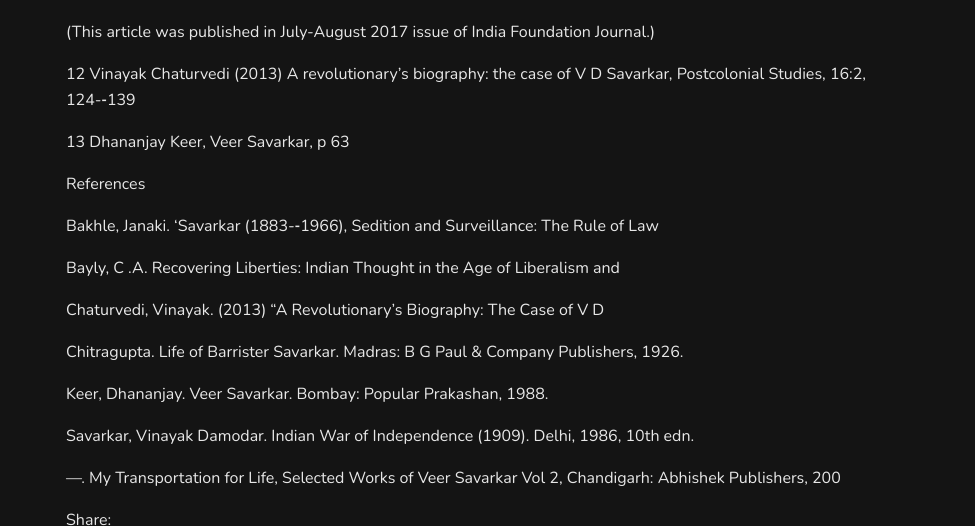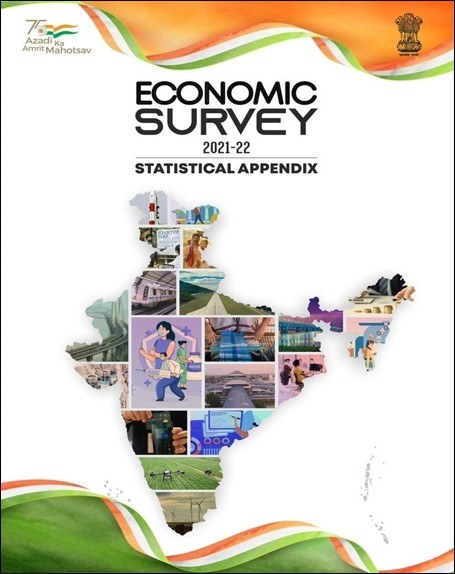
#Complexity Theory: One of the many non-intuitive implications of this approach is that the more complex a problem, the simpler the solution must be. Unintended consequences & butterfly effects render complicated solutions unworkable within a few steps 1/n
The conventional approach is that India is a complex country that requires complex solutions. Complexity theory implies exactly the opposite. Only simple policies, frameworks and institutions can function in India. Leave complex solutions to Singapore 2/n
Another implication of Complexity theory is the 80:20 rule (or some version of it). A 20% solution will often solve 80% of the problem. In many situations, one should leave it at that as further interventions will have unintended consequences & render the system unworkable 3/n
Since complexity theory sees the world as inherently unstable and unpredictable, what matters is not brilliance of the original plan but active real-time management. A general vision is important, but complex detailed plans are not. 4/n
Regulators, for instance, will not be able to manage a complex system with ever more elaborate regulations. The only workable solution is simple regulation combined with active supervision. Regulation & Supervision are not substitutes 5/n
Let me clarify that complex systems are a specific type - economies, financial markets, cities, languages, and the flow of history. A car is a complicated machine but not a complex system. Urban traffic is a complex system.
Therefore, the points I am making about #Complexity may not hold for Newtonian systems. Complex systems are not the sum of their parts, hence they cannot be solved through merely having a better plan. In contrast, a bridge is the sum of its parts and needs a detailed design 7/n
Note, however, there is a role for "planning" in a complex world - in order to stress test options and work out available resources & possible scenarios. As Eisenhower put it "Plans are useless, planning essential". 8/n
An interesting property of complex systems is "emergence" - the ability of interacting agents to self-organize. When emergence generates self reinforcing feedback loops, we can get +ve or -ve spirals. The trick is to trigger/manage this process 9/n
The principle or node that drives emergence in a complex system is called an "attractor" (a sub-class called "strange attractors" is especially interesting for our purposes). Thus economic, urban & cultural clustering is about nurturing attractors & their basins of influence 10/n
Notice how this framework is completely different from that of equilibriums and frozen ideals. It is not for those who take urban masterplans, econometrics and language grammar too seriously. 11/n
The best strategy in a complex world, therefore, is not "rational optimization" but "satisficing" while hedging for extreme outcomes. Optimization is only sensible for clearly-definied goals for a limited time (say for a competition). Rest of the time we satisfice 12/n
Another strategy is improvements by tinkering and iteration rather than ex ante optimization. Indeed, "active satisficing" through tinkering/ learning is usually a good way to deal with a complex system that does not have any optimal end-point but constantly evolves. 13/n
An important framework for self organising in an economy is the ability to enforce contracts. Thus, from a Complexity perspective, India need to invest in the legal system before any other sector. This is a very clear implication of using this philosophical approach 14/n
• • •
Missing some Tweet in this thread? You can try to
force a refresh
















